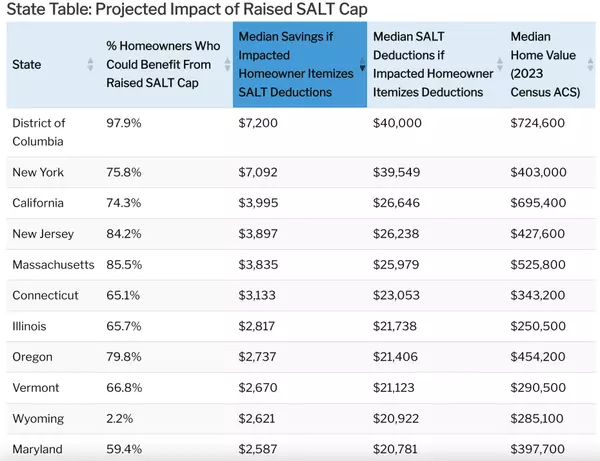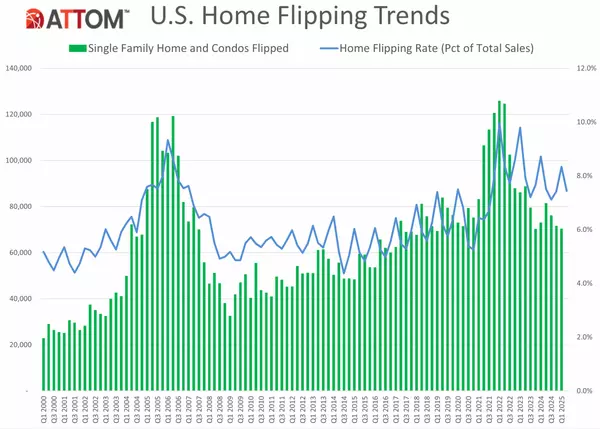What the proliferation of private listings could mean for fair housing
For supporters of the Clear Cooperation Policy (CCP), fair housing is one of the main arguments against further growth of private listings.
From eXp Realty CEO Leo Pareja, to NextHome CEO James Dwiggins, to Zillow’s chief industry development officer Errol Samuelson, the concept of withholding listings from the MLS is being framed as a “fair housing disaster.”
And while they may not be as vocal as some of these industry leaders, fair housing experts and proponents fully agree.
Protected classes
“When something is exclusive, that means people are being excluded, and historically in real estate, that has been extremely detrimental to huge swaths of people — particularly those in protected classes who are shielded by the Fair Housing Act,” said Laurie Benner, the associate vice president of housing and community development at the National Fair Housing Alliance (NFHA).
“But real estate has moved into a place of more transparency and accountability, which is really what we want, so a proliferation of private and exclusive listings would be a huge step backwards.”
In a press release published in April, the National Association of Hispanic Real Estate Professionals (NAHREP) shared similar thoughts. It was not that long ago, the trade group noted, when listings were shared by word of mouth or via listing books.
“The lack of a centralized database where all agents had real-time access to information pertaining to homes for sale in a particular market, opened the door to mischief and outright nefarious behavior,” the release states. The fact that major real estate players are actively undermining open access, as evidenced by disputes and evolving practices, underscores the urgent need for formalizing these principles beyond the scope of any single industry organization or platform.”
NAHREP notes that the Hispanic community has historically faced housing discrimination and that transparency in the industry is “crucial for preventing the kind of exclusionary practices that have disproportionately affected communities of color.”
Members of the LGBTQ+ community are not protected under federal fair housing laws, but they are protected by statutes in some states.
While Justin Ziegler, the president of the LGBTQ+ Real Estate Alliance, feels the situation is more dire for members of other protected classes, he is still concerned about how changes to CCP could impact everyone protected under various fair housing statutes.
“Moving toward the direction of exclusive listings and things like that is just going to make it that much harder for minorities and people in protected classes to obtain the status of a homeowner,” Ziegler said. “There’s an element to this private listing idea that just kind of screams fair housing violations.”
Jamie Tian, the president of the Asian Real Estate Association of America (AREAA) said that homeownership in Asian American, Native Hawaiian and Pacific Islander communities is growing but continues to trail the national average.
“One of the most essential tools in expanding homeownership is access to timely, accurate information about available homes to purchase,” Tian said in a statement. “As the real estate industry evolves, AREAA believes it’s critical to ensure that access to listings remains fair, transparent, and inclusive.
“This kind of access helps make the path to homeownership more attainable — not just for first-time buyers, but often for entire extended families taking that step together.”
For Benner, if a proliferation of private listings or a repeal of CCP were to occur, some of these possible violations include the furthering of segregation and the creation of an environment where it is much easier to discriminate against protected classes of homebuyers.
Letter of the law
Under the federal Fair Housing Act of 1968, it is unlawful to refuse to sell, rent, negotiate or otherwise deny housing to a person based on a list of characteristics. These include race, color, religion, sex, familial status, national origin and handicap status.
According to Julie Rogers, a real estate law professor at Southern Methodist University’s Dedman School of Law, there are two ways to successfully claim a fair housing violation: intentional discrimination or disparate impact.
“Intentional discrimination is really difficult to prove most of the time, so I assume here if someone is going to make a claim, they are going to be looking at disparate impact,” Rogers said.
Under disparate impact, it is the outcome of a rule or practice that matters, not its initial intent. Even if a policy may seem neutral, if it disproportionately harms individuals or groups based on their protected class status, it could result in a successful fair housing claim.
But to lodge a successful claim, there are certain steps involved.
First, the claimant has to prove there is an adverse disparate impact. If this is established, then the defendant is allowed to offer a rebuttal with a legitimate justification for the practice. Lastly, the claimant can come back and show there are less discriminatory alternatives to the policy or practice.
Compass exclusives and fair housing
Compass and its CEO, Robert Reffkin — the most vocal industry proponent of private exclusive listings — have claimed in a now deleted social media post that the company has taken “concrete, proactive steps to ensure Compass Private Exclusives fully align with Fair Housing principles.”
The post reads that in September 2024, Compass hired fair housing attorney John Relman to review its practices.
“Compass followed his guidance to the letter,” the deleted post stated.
The post also included a quote from Relman, in which he stated that “Compass is treating everyone equally. Nobody could credibly claim that Compass is trying to hide listings.”

A source with knowledge of the situation said that Relman felt the quote was misappropriated. Relman asked Reffkin and Compass to take the post down.
Last week, Compass appeared to take another step to help ensure its private exclusive listings are fair housing compliant by creating its “Compass Private Exclusives Book.” The physical book of exclusive inventory is available for all agents and consumers to view in a Compass office.
In a press release, the company claimed that these books would help support fair housing laws “as any potential group of buyers, regardless of race, color, religion, sex, familial status, national origin, disability, or other characteristics protected by the Fair Housing Act and other civil rights statutes, can visit a Compass office to view these listings.”
While this move aims to increase transparency, fair housing experts like Benner say that Compass “flexing about fair housing while making it harder for people with disabilities is weird.”
Compass has claimed that it co-brokers with everyone and provides all buyers with equal access to its private exclusives and “coming soon” listings. But at least two real estate professionals have claimed on social media that this is not what is actually happening in their markets.
In a now deleted comment on a Facebook post by Reffkin — in which he shared information about a recent CNBC appearance — Brandy Plummer, a Southern California-based Keller Williams agent, wrote that a Compass agent would not allow her and a cash buyer with proof of funds to view a “coming soon” property until May 19 because Plummer is not affiliated with Compass.
Other commenters have claimed that Compass agents are not calling back buyers’ agents at other firms who have clients interested in exclusive properties.
In the face of these comments, Compass and Reffkin have repeatedly reiterated that Compass will co-broker with agents from any firm on any of their properties.
Diversity in real estate
In addition to the potential risks of fair housing violations, advocates believe that more private listings would also erase some of the progress made at increasing diversity in the real estate industry.
“I think there is a valid question about which agents are going to be the ones with the insights and access to these kinds of pocket listings,” said Michael Neal, a senior fellow at the Urban Institute‘s Housing Finance Policy Center.
“There has been a push by the industry to diversify the agent population — partially in the hope that these agents will be able to better serve historically vulnerable populations who are looking to buy a house.”
Data from the National Association of Realtors (NAR) shows that the typical agent is a 55-year-old white woman with a bachelor’s degree.
In Neal’s view, while fewer agents of color holding private or exclusive listings is not necessarily a fair housing red flag, it could become one if these listings are only circulated within small circles.
Despite their strong stances against private or exclusive listings, fair housing advocates acknowledge that there are times when a private listing makes the most sense for a seller — especially if there are privacy or safety concerns.
“There are a lot of valid reasons for private listings, but there are already mechanisms in place to to account for those circumstances,” Benner said.
Neal agreed and said that the industry is currently at a crossroads as it tries to balance potential benefits for sellers with the needs and rights of buyers.
“There appears to be a real challenge around the perceived benefit for sellers around pocket listings, but as a broad industry we need to make sure that access to information and housing is balanced between sellers and buyers,” Neal said.
Categories
Recent Posts










